03.09.2019
Noticing Things that Don’t Necessarily Exist
Εικαστικες Τεχνες
Γλώσσα πρωτότυπου κειμένου: Αγγλικά
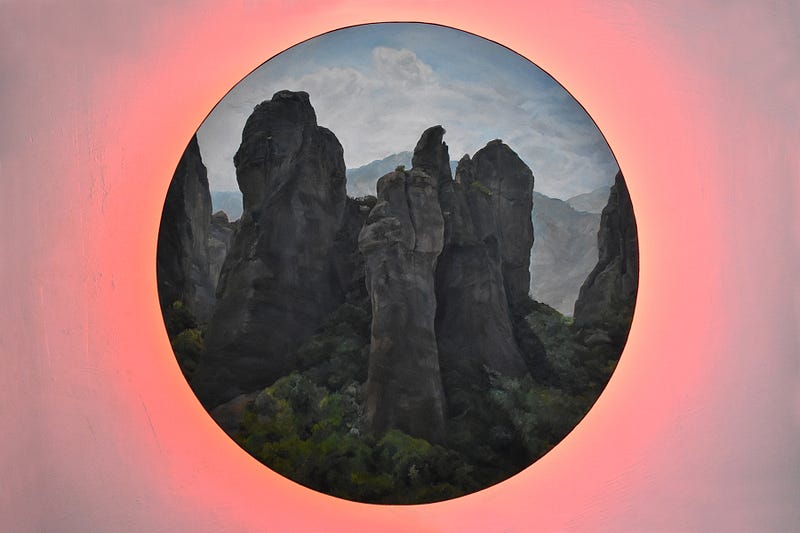
This is a great time for contemporary art. A great generation. No one thinks they can change the world anymore: the world has already changed. For some people, the world as we know it does not even exist. Either nothing is real, or everything is flatlining. For us, disasters are happening elsewhere, yet within a varied measure of proximity. It is a truly incredible moment when artists don’t criticize the superficiality of society in the aggressive way they did in the previous decades. Neither are they wagging a finger at others. In this era, our era, and in this generation, our generation, artists are more fragile than ever, more knowledgeable and more curious, processing faster more complex information and not solely personal at that. Identity is redundant, the next frontier is so much more relevant. Going further onto the search for meaning, recognizing reality in the awareness of facts that count, our errors, missteps and the incredible volume of our failures, the state of unbalanced spaces we ―my generation and I― occupy seem to be able to generate loftier, freely flowing and intuitive results.

My generation of artists in the post-post-post universe of metadata, care a lot, as they navigate through venerable yet treacherous companies of dealers, curators, institutions and collectors. For my generation ―I am certain about that― once you care you are future.
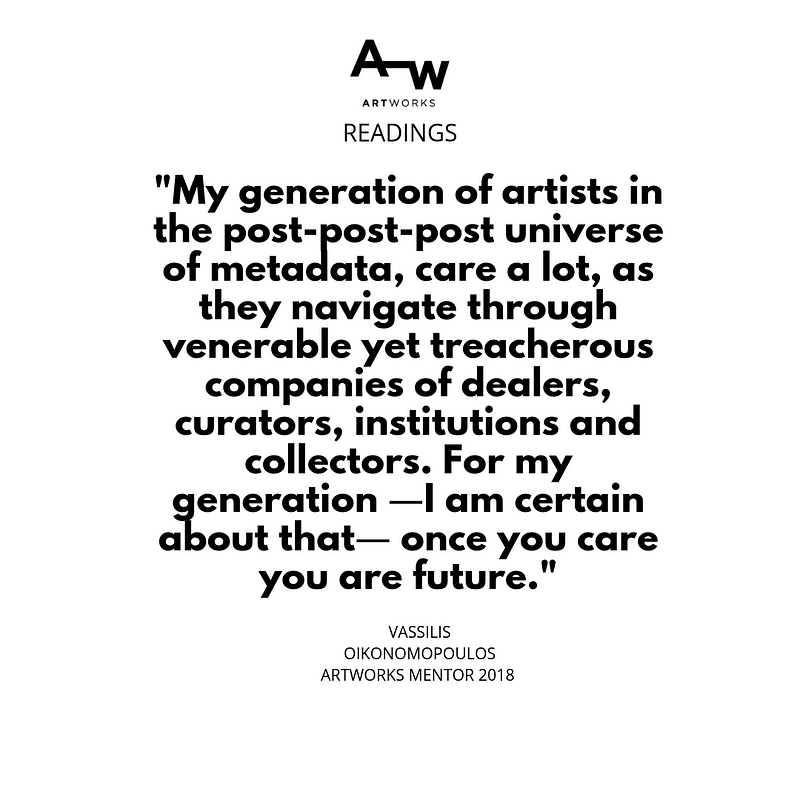
We care because our world is too obvious. We experienced the most significant political changes of recent years in absolute apathy, deprived of our right to our daily dose of sea and sun during the collapse of the Soviet Union in August 1991, for example. No major powers paraded their armored vehicles down our streets, saluted our generals or stole our properties. We had no role in the emergence of the global movement or the fundamental changes that obliterated invisible borders and brought faraway geographies closer in seconds. Our values were chiselled during our formative years by Super Mario and the fantastical powers we savoured in the attempts to save Princess Peach. They were later redefined by film ratings on Rotten Tomatoes and the bulldozing of desire via geosocial networking mobile apps geared towards the possibilities of some sort of adulthood. By the time we could totally understand the work of Lena Platonos for example, we were probably too old to indulge in anything other than excessive consumption in a nondescript mall. However, we rigorously hung onto our affinities with a landscape that had possibly gone through everything we ever wanted, with but also without us. And for this, we deeply cared.
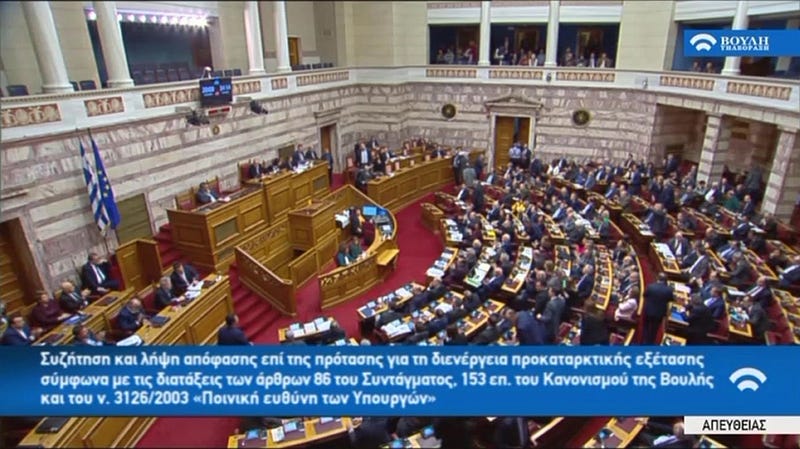
Our history, materially and conceptually, is significantly more fascinating for our post-goth boyfriends and girlfriends and our fluidity in digital metamorphosis rather than the ideal modalities mused by the poets, such as Helens of Troy or Madonnas. Recognizing their eternal unobtainability, we are sorrowfully sorry for the expenditure of desires that brought about a past condition of strange metaphors, both shameful and celebratory. Over the course of generating this generation, artists with completely new approaches started working in Athens, a city often associated with myths. Artists and the city itself ―a mythical relation of its own― have been ludicrously uninterested in each other.
Culture in Athens is still disconnected from everything else, from any systemic infrastructure.
The impossibility and irrelevance of mainstream education in the arts, the type of practices, techniques and rhetoric that maintain a certain sense of prominence, a kind of process that parrots without speaking for the highly sensible, create a skin under which we are all, without knowing who left it behind. In this terrestrial network everyone is involved, without having the slightest idea who gave them the code. Non-existent museums evidently do not reflect new thinking or tendencies. The studio, the street and Instagram are far more flexible and present, far more open to ideas that can make a difference. Until now there hasn’t been any considerable effort to place trust in this generation that no longer felt at home in the phenomenology of this reality or any other similar to it, but was instead more privileged by the immensity and the mobility of data.
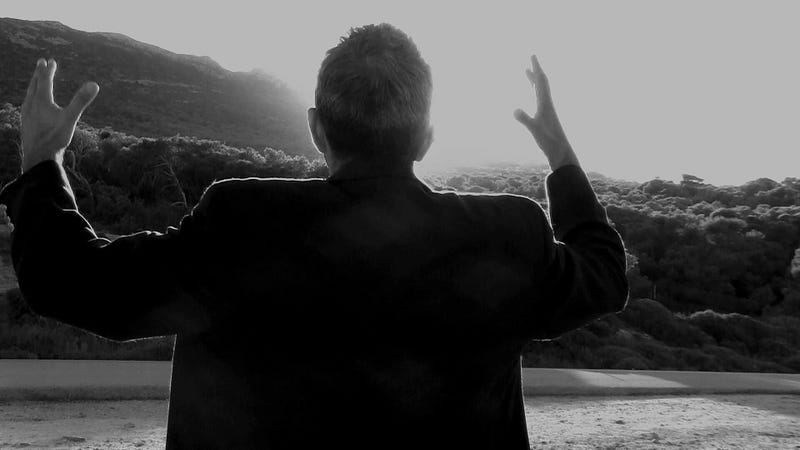
Considering a different form of realism, these artists, who stood on the shoulders of miniature giants, were never destined to play a central role. Decentralized but connected, artists were extraneously galvanized in an unprecedented checkmate and boom! The King is gone ― long live the King. Under this simple but not after all simplistic context, I was called upon to reflect on the unknowable and then relate it to the imaginable. That meant to help inject a chance of vitality and caring in the work of hyper-informed artists in order to transcend a state of nihilism by embracing the truth of their realities. This is called Fellowship. This setup — from day one a radical inception since it is built on the many diabolic mechanisms of administrative agreements — was not the matter of buying and selling something. The offer to artists is founded on pure trust and caring, both things that are radical in themselves and, in the current conjuncture, an endangered species. The broad approach of each Fellowship inevitably boils down to a choice based on support and continuity rather than constraint. Strikingly exciting and otherworldy, this approach feels as exotic as French Vanilla and South African Pecan ice-cream in its flavour. Sick avant-garde harder than concrete.
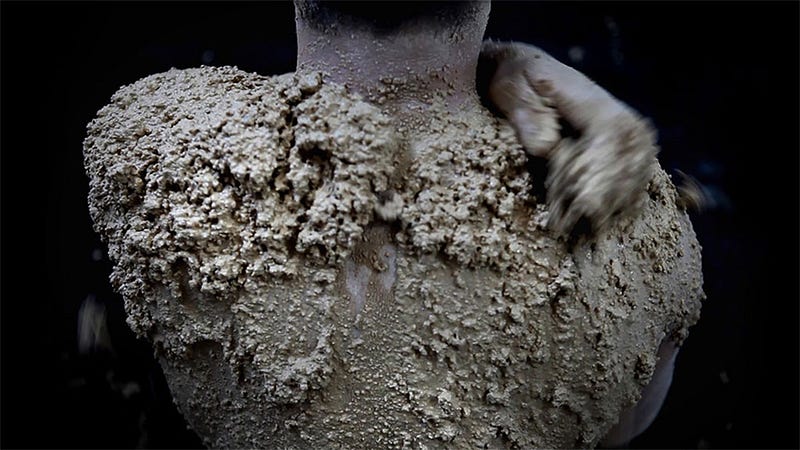
From where I am standing, it defines a form of resistance and a return. A return to trust and commitment and a resistance to suspicion, mistrust and lack of faith which permeated every and each cell of social culture in the past. I would call this approach ‘resurgence of mushrooms’. I like mushrooms not only as a simile but also as a way of rethinking progress and evolution. Mushrooms are great species of plants, that come in elusive natural formations. Existing in conditions of unpredictability, mushrooms carefully entangle with other plants in order to survive, waiting to appear after the rain; they are so ingenious that they can disrupt the normative comfort forest floor: they can spring up in damaged landscapes in industrial ruins, showing that Instead of an expected progress where the idea of progress has already come and gone, real progress can be a far more precarious condition, a vulnerable indeterminacy or a trivial unpredictability. This precariousness is intriguing and rewarding: like a good black truffle or a Japanese matsutake, which are unique varieties of mushrooms, highly valued, quite elusive but also important in an ecosystem. Symbiotic, easily influenced by their surroundings but also growing fast in the right conditions, they can remain dormant for long but they become highly productive once germinated. It is difficult to find good mushrooms. First of all, one rarely looks for whole mushrooms. Most of them are either discarded by other animals or eaten by worms. Good mushrooms lie under the ground. Where they grow the soil shifts and cracks but you cannot see them easily. You can feel their presence from those who know how to hunt for them. Remember what we said about Super Mario? It is through such metaphorical thinking that I want to bring my argument forward and support my case for this sort of quiet resurgence and resilience I had not imagined before. For through an active involvement with the disarmingly charming integrity of a support structure, my sense of embarrassment and awkwardness of an uncaring, relentless past was not only challenged but justly retreated.
As a fellow of fellows myself, I experienced this sense of caring beyond the obstacles, curiosity outside the grand narratives; and an energy, which only the wildness of this generation can mediate. This is growth, and this is growth once again. Therefore, I did not only explore but I was instructed. By the artists themselves. In my many exchanges in recent months, I encountered projects that generated their own histories, deploying often a broad and, at other times a more intimate diversity of codes and symbols, only to evaluate and perchance subvert them. I was attracted by what it was felt consisted by an actual, real endeavour in the present time. Efforts that did not arise from the negation of everything and did not aspire to replace any power through denial. Rather, the concerns that struck me and the ones that grew in me were those that managed to emerge as a developed part of multiple realities in a way that could not be reduced to anything but themselves. The stories that make a difference are neither stories of power nor of enclosing the world in art-historical narratives. Their strength lies in the combination of rigour and constraints, the barriers of experimentation imposed by systemic obstacles and an indefinable spirit of adventure that circumstances of unpredictability can bring about. The host mechanism here has broken new ground. It has remoulded the role of facilitating the significance for cultural production as the bloodline of every potential landscape and as a simple metaphor for life; the osmosis of current ideas, whose significant mark entails an affirmation of the minor scale and senses. Why is it necessary to pollinate, why is it essential to create natures and rethink our ecosystems? The key and fascinating aspect in this process, a process that regards hosting as vital, implies an alteration of the normative, which can be seen as world-making: the ability to make workable arrangements, invent new categories and revitalize processes such as description and imagination but also production, generation and discussion.
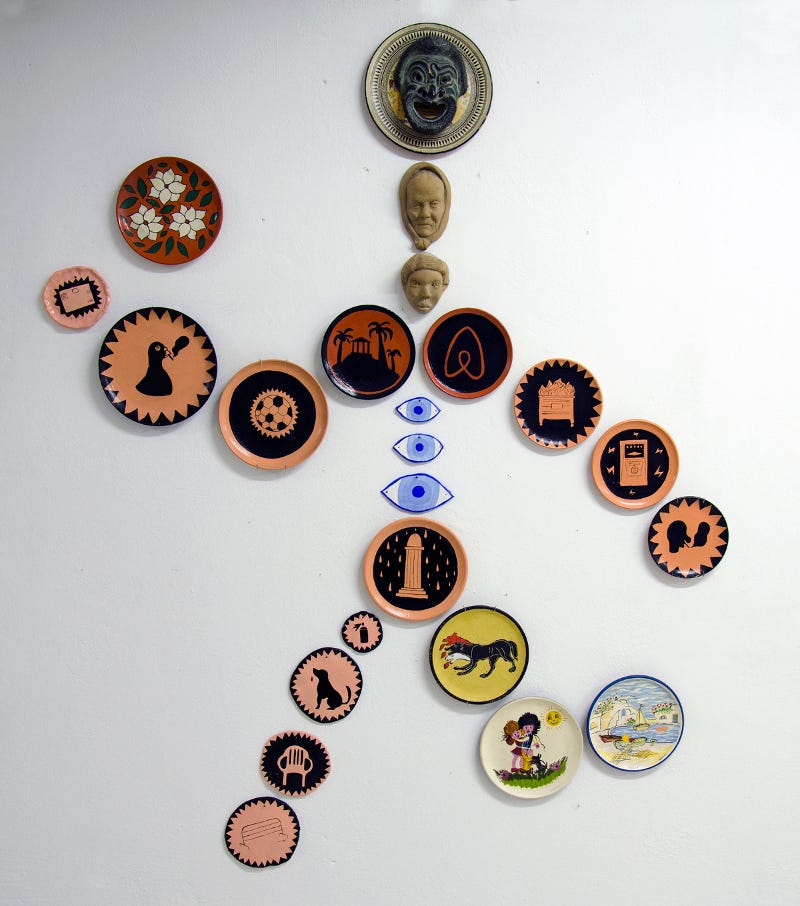
A fruitful landscape, has been set up here: it allows one to remain curious, ask questions and try to identify what they are looking for through what has been ignored because it possibly never fit in the narrative of a timeline of a different progress. It is only through trust that new assemblages can develop. A funding scheme like the fellowship programme, and the fellows of fellows ―so unique in the local context― are groundbreaking, after a dead decade that has shifted the possibilities of breeding, of growing culture. Amongst many things I saw, the most deeply moving features the polyphonic assemblage of the project’s entire inception. Gathering rhythms, breathing in the varied temporalities of maturation, believing in the a-simultaneity of ripening and nourishing these with the sensitivity and the fragility of a virtuous desire to just make visible and only allow a growth process, and believe in it, whatever this might be and regardless the outcome. From monsters to swans, the non-dilemma of whole-heartedly providing the conditions for positive encounters and a sense of continuation is contaminating this landscape. Contamination is our new King. Purity is not an option. This form of ecology in the local cultural landscape catapulted me not only beyond academic knowledge but also to places where varied languages, histories and traditions showed me innumerable possibilities in the making, patterns of coordination, assemblages of a cultural economy and the different fullness of caring. Returning therefore to the beginning.
It is indeed the most exciting period for contemporary art as Athens is experiencing an intense moment of cross-contamination.
Might we then dare think of the continuously new generations of artists as a form of symbiosis of different species? Both Marios and mushrooms? I think we can. Recently, following the most forceful shift in direction, the heavy rain has produced an abundance of new species that slowly spread across the ground and loom large over a world that had become a terrifying place. Here, in that edge, of many insides and outsides there is room for imagining worlds. The kind of blurred boundaries that mark the current moment demands a getting by without the horizon of progress but through persistence, caring and commitment yearning for unpredictability, surprise and continuous growth. In the post-post-post universe of metadata, rebuilding curiosity and a renewed love for learning, protecting and understanding has to be and to always remain an inconclusive project. A fantasy platform where artists as artists can constantly show us what it is to imagine new adventures.
ARTWORKS Mentor 2018 Vassilis Oikonomopoulos is a Curator at LUMA Foundation Arles. Prior to LUMA Vassilis, was the Assistant Curator, Collections of International Art at Tate Modern. He worked with Tate’s Middle East and North Africa Acquisitions Committee on formulating Tate’s strategy in the region. At Tate Modern, he has co-curated the retrospective exhibition Alexander Calder: Performing Sculpture and also organised the 2016 Hyundai Commission Anywhen, with French artist Philippe Parreno in the Turbine Hall.



